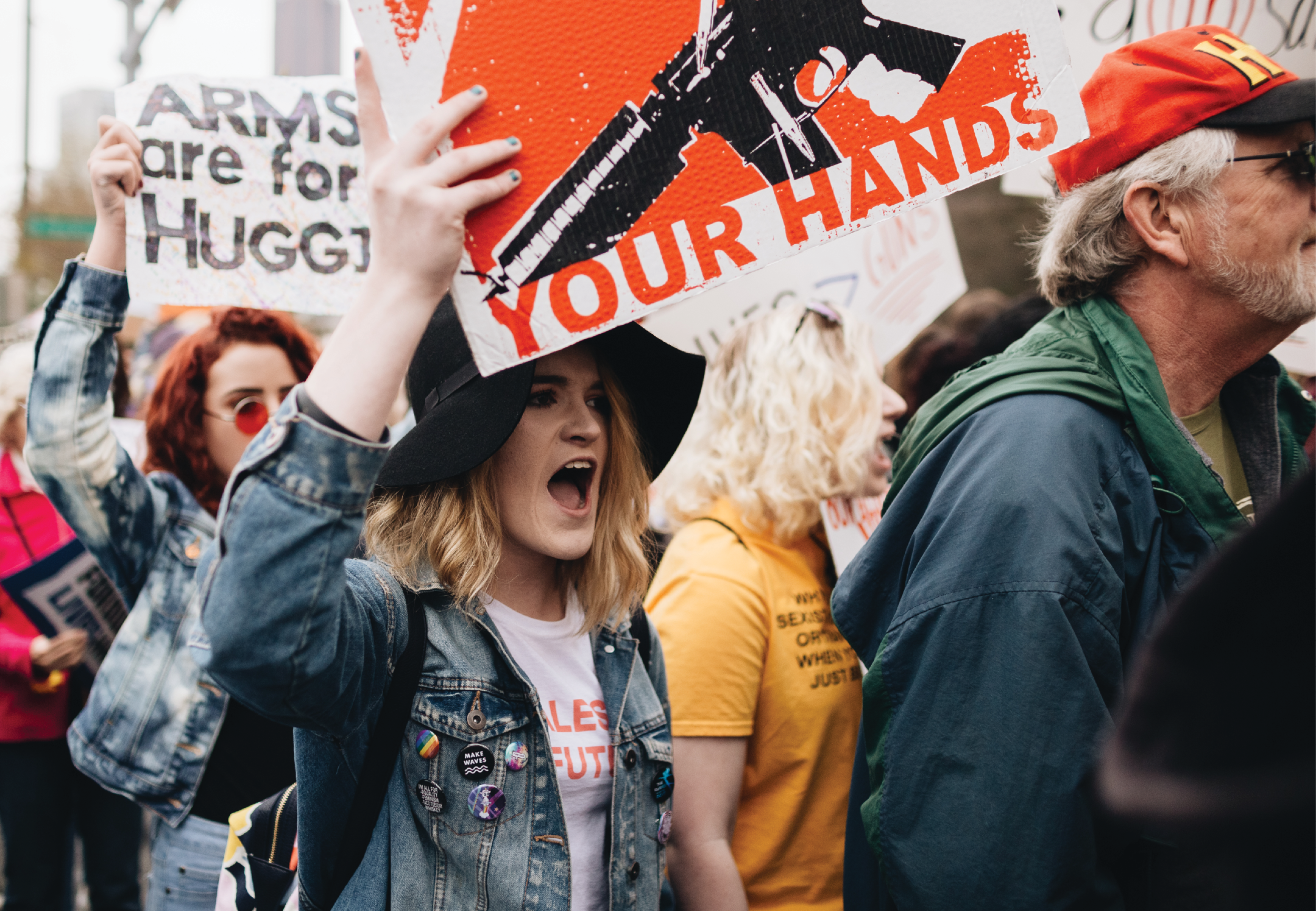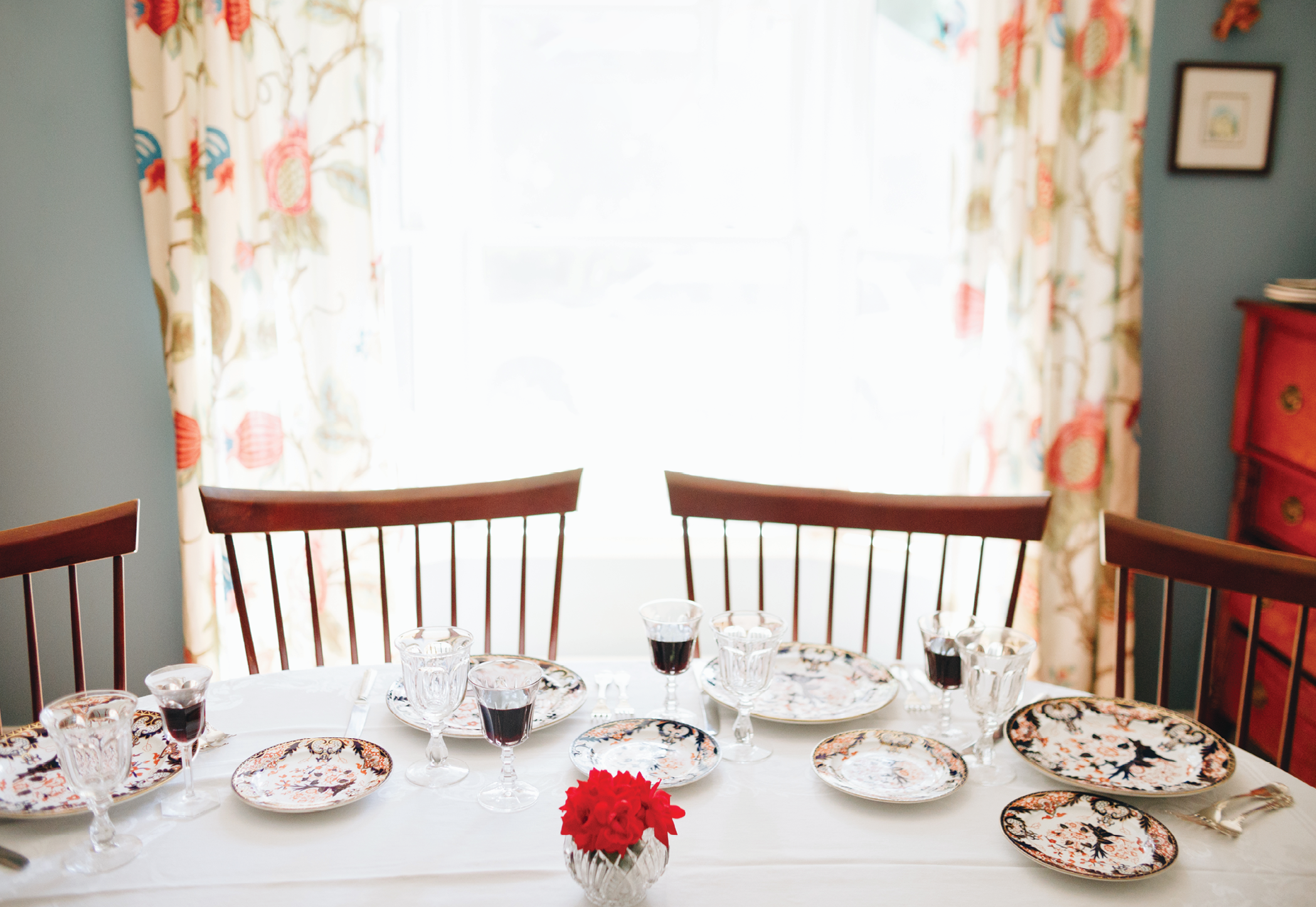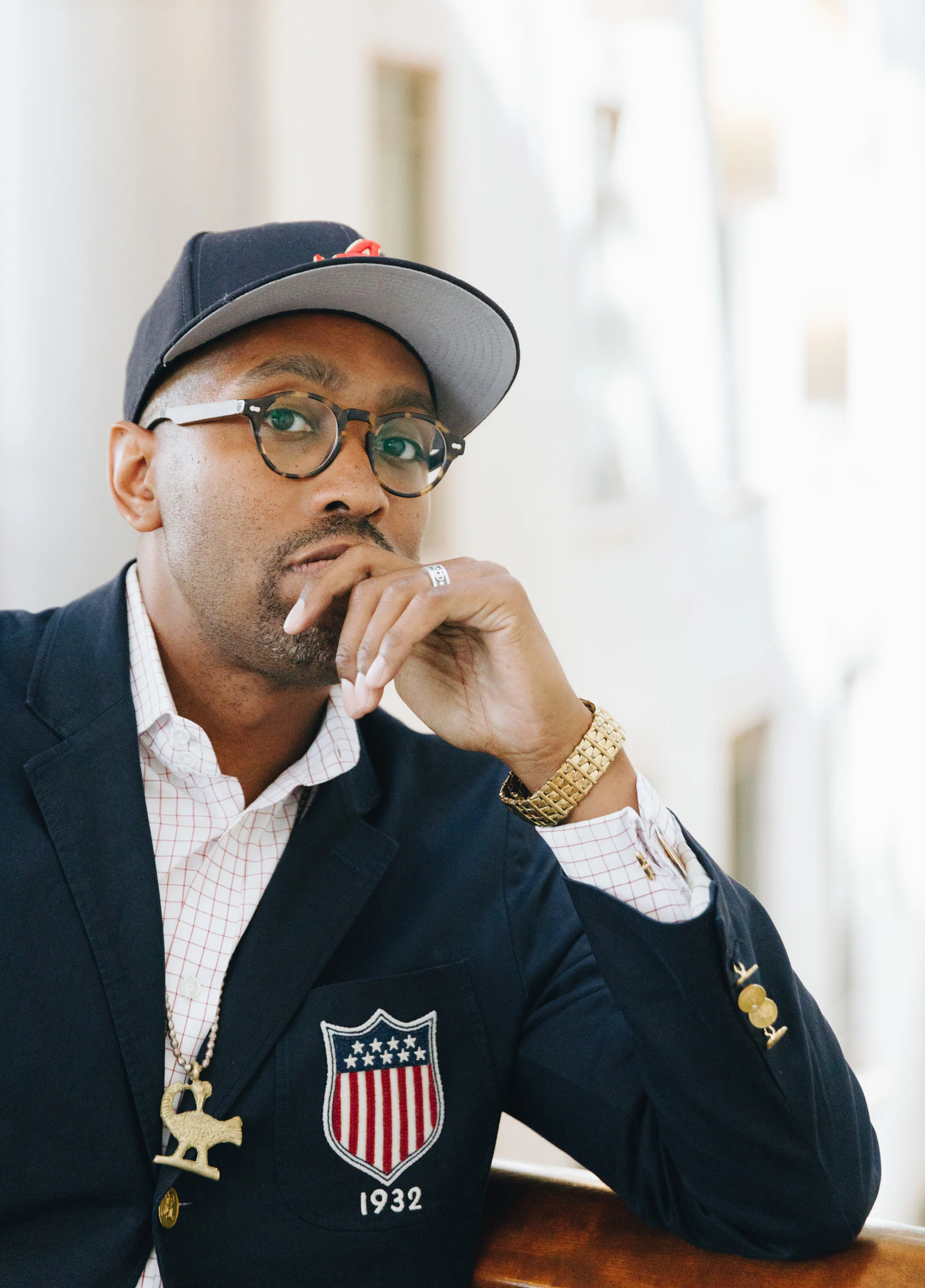Reclaiming Civility

“POlitics can be brutal. University of Virginia professor Peter Onuf described the atmosphere of the presidential race as “undeclared political war,” with campaigns that “REACHED A LEVEL OF PERSONAL ANIMOSITY SELDOM EQUALED IN AMERICAN POLITICS.”
The nastiness occurred not only between political parties but also within them. 2016? No. 1800, when Thomas Jefferson became president.
Since the earliest days of the country, Americans have bemoaned the lack of civility in politics in particular and in society in general. George Washington was so concerned that he wrote his own “Rules of Civility & Decent Behavior in Company and Conversation.” Number one: “Every action done in company ought to be with some sign of respect to those that are present.”
Washington also warned against eye rolling, cursing, reading while others are speaking, and holding one’s opinions too obstinately.
Some people think matters have only gotten worse. It appears at times as if elected officials and political candidates practice the same kind of bullying tactics and name-calling that would get a kindergartner sentenced to timeout for misbehavior.
“Sadly, contempt for [each] other has deep roots in the history of our republic as a means of political and economic ends,” Bishop Wright says, “but it seems, especially in the last couple of decades, it has found a new zeal. Are y’all watching the news? It is a no-brainer that this phenomenon has been supercharged by the rise of the 24-hour, perpetually breaking news, sound bite, gotcha-journalism culture that you and I live in.”
Rather than risk sliding into incivility of the kind that worried Washington and troubles the bishop, many of us simply avoid the tough subjects. We abide by the old saw not to discuss religion or politics and, these days, add race, immigration, gun control, health care, abortion, global warming, environmental regulation, sexual harassment, taxation, free trade, and on and on and on.
We behave nicely by conversing superficially. But unless we engage seriously with others not of like mind, we risk living in an echo chamber where neither our assumptions nor our opinions are challenged. Therefore, they remain unexamined and thus neither strengthened nor adjusted. We not only fail to enlighten others about aspects of an issue they may not have considered, but we also remain stuck in the ditch of our own narrow ideas.
MOVE IN || The term “civility” is getting a lot of attention these days when so many facets of our lives seem devoid of it. The Institute for Civility in Government defines it this way: “Civility is claiming and caring for one’s identity, needs, and beliefs without degrading someone else’s in the process… Civility is the hard work of staying present even with those with whom we have deep-rooted and fierce disagreements.”
Speaking at the Episcopal Church’s 2014 event, Civil Discourse in America, Rabbi Steve Gutow defined civility as “simply demonstrating respect for the dignity of our fellow humans — even those with whom we have a sharp disagreement. Civility is allowing others to speak and having the humility to admit that we may have something to learn. Civility favors truth over cheap gain and patience over knee-jerk judgment.”
Staying civil is a noble goal, but it can be difficult even with family and friends, let alone acquaintances and strangers, because it requires us to actively listen. The challenge is to have meaningful discussions — not arguments — about important issues with people of different perspectives without abandoning deeply held values.
At the same conference, former Presiding Bishop Katharine Jefferts Schori told attendees that the outcomes of conversations depend on where they begin. “Do we expect to meet a gifted, blessed, and beloved human being who might have a gift to offer? Or do we look on an enemy, someone who is out to mislead or destroy us…?”
Seeing someone as an adversary is much easier if we engage through disembodied texts, internet posts, or tweets, she said. “I remain convinced that face-to-face conversations have more possibility of being life-giving… The hard conversations, and the tender ones, are better done in person.”
Brene Brown, the author of Braving the Wil-derness, puts it this way: “It is not easy to hate people close up. Move in. When you are really struggling with someone, and it’s someone you’re supposed to hate because of ideology or belief, move in. Get curious. Get closer. Ask questions. Try to connect. Remind yourself of that spiritual belief of inextricable connection: How am I connected to you in a way that is bigger and more primal than our politics?”
Ultimately, as Bishop Rob Wright proposed at the 2018 Lansing Lee Conference on Civil
Discourse in America in May, real civility is about “spiritual maturity at the local and cosmic level.”
FROM TOLERANCE TO LOVE || Some in Washington are committing themselves to reclaiming civility. Earlier this year, Rep. Joyce Beatty, a Democrat, and Rep. Steve Stivers, a Republican, both of Ohio, launched the Congressional Civility and Respect Caucus to encourage members of Congress to treat one another as esteemed colleagues despite red or blue loyalties.
On the senate side, Sen. Orrin Hatch, a Utah Republican, vowed in a column to recommit himself to civility. “Only associating with those who hold our same values and opinions distorts our perception of the other side,” he wrote. “It has an ‘othering’ effect so severe that Republicans and Democrats — freedom-loving men and women who share the same country and many of the same values — increasingly see each other as enemies.” One of his best friends in his early days in the Senate, he said, was Sen. Ted Kennedy. “In those days, Republicans and Democrats locked horns often, but we also loved each other.”
Sen. Cory Booker, a New Jersey Democrat, likes to talk about love. Tolerance, he said in an interview, is not enough. “What we have to do is move beyond tolerance to love… Tolerance says that if you disappear from the face of this earth, I’m no better or worse off because I was just tolerating you like I tolerate a cold… But love says, ‘I see your worth. I see your value.’”
SEEDS OF HEALING || Former Presiding Bishop
Schori compares diverse opinions to an eco-system. “Creative engagement with diversity is synergistic,” she said. “It’s ultimately life-giving. For people of faith, it is an affirmation that God is in the midst of the tension of diversity, continuing to create more life out of what may seem like chaos.”
Continuing the conversation to bring about positive change is the responsibility of every generation, according to the Rev. Dr. Gregory Ellison, author and professor at Emory University’s Candler School of Theology — or actually according to his grandfather. “He used to say to me, ‘We sit under shade trees we did not plant, and we drink from wells we did not dig.’ And so he would ask me — ‘Do you have your shovel and your seeds?’” One aspect of the metaphorical digging and planting is the forging of understanding that affects not only the present but also the future. An anger-tinged argument over politics or a rude remark about someone who is different may seem like a small thing, but small encounters add up. The shape of society in the future, according to Howard J. Ross, author of Our Search for Belonging, “begins with every conversation we have, every relationship we heal.”
Amid all the diverse opinions and positions, there is a core, Bishop Wright said, “the center, what is eternal” — that whoever we are, we all want the same thing: a bright future for our children.
“We are not a human race. Where the hell are we racing to?” he said. “We are a human family.We are an American family... If our aim is to proclaim that we are, in fact, an American family, then our work must be to transform the soul of our nation, one encounter at a time.” That can be done, he said, “with faith, hope, and love. The greatest of these, of course, being love.”
Animosity and divisiveness have become widespread and commonplace. But perhaps as a result, a collective yearning for civility and kindness has emerged, bringing with it a growing number of organizations, elaborate guides, and group programs to help facilitate civil and constructive interaction and conversation. Below are a few of those resources.
fearlessdialogues.com
FEAR+LESS DIALOGUES
More than 30,000 people around the world have participated in conversations under the auspices of Fear+Less Dialogues, founded by Dr. Gregory Ellison, a professor at Emory University’s Candler School of Theology and author of a book by the same name. About 1,000 more are meeting somewhere every month.
Fear+Less Dialogues founder, the Rev. Dr. Gregory Ellison, wants to encourage "unlikely partners to engage in heartfelt conversations that see gifts in others, hear value in stories, and work for change and positive transformation in self and other."
The gathering that sparked the organization happened almost spontaneously on July 20, 2013. In Sanford, Fl, neighborhood watch volunteer George Zimmerman had recently been found not guilty of the murder of 17-year-old Trayvon Martin, an unarmed African-American teenager walking home from a convenience store with Skittles and iced tea. Tensions were taut and emotions raw in the aftermath of the acquittal.
A few weeks before the verdict, Ellison’s first book was published. Cut Dead But Still Alive is about young African-American men who felt unseen and unheard and the resulting impact on themselves and the country.
“I’m a 30-year-old professor at Emory who’s written this book about young black men,” Ellison said, “so I immediately become this national expert on young black men.”
He had requests for interviews from all over the country but felt frustrated that the questions people asked seldom seemed productive and sometimes felt hostile.
“So one day I was on the air doing a radio show, and I just said… let’s meet up at Emory, and we’ll have a healthy, hearty conversation.” Ellison and a small, diverse group of others had been meeting together to get a deeper knowledge of one another and the city.
Now, at Ellison’s invitation in the wake of the controversial verdict, the city joined their conversation. Emory students, professors, business people, lawyers, judges, and corner drug dealers, male, female, black, white, and other — 300 in all came. Name tags described not professions or roles but self-selected “soul gifts,” such as “healer” or “neighbor.” “Animators” stood in for “facilitators,” charged with encouraging rather than managing conversation.
Ellison closed the gathering by asking the 300 partic-ipants to hoist three-foot tape measures. The symbol dates back to an eight-year-old Greg, who asked his Aunt Dotty, Dr. Dorothy Simpson-Taylor, how to change the world. As he recounts it in his book, she responded, “Baby, I can’t change the world, but I can change the three feet around me.”
More than an hour after the official end of that first gathering, some people lingered to talk. Finally exiting, a drug dealer met Ellison eye to eye and thanked him for an opportunity to talk without feeling judged. “This felt like heaven,” he said.
Since then, people from cities, colleges, congregations, businesses, associations, and denominations have taken part in an evolving program whose main message is to get real and get together. It is based on three pillars: see, hear, and change. “Once you see, you can’t unsee,” Ellison says. Once you come to realize that a homeless person, a janitor, a waiter, or a political opponent is a person with insecurities and strengths just as you are, you can’t disregard that person. Likewise, once you have really listened to people and learned about their lives, you feel connected in a deeper way.
civilconversationsproject.org
CIVIL CONVERSATIONS PROJECT
and the callingas human beings — to create hospitable spaces for taking up the hard questions of our time.”
Tippett offers guidelines on setting up a conversation, from considering the space where it will be held to whom to invite. Include some “bridge people,” she suggests, “people of integrity to straddle kindred or disparate networks of interest to your own.”
On a national level, Krista Tippett, host of National Public Radio’s On Being, launched the Civil Conversations Project, which she describes as “a collection of audio, video, writings, and resources for planting new conversations in families and communities.”
Ordinary people, she wrote, “have it in us to be nourishers of discernment, fermenters of healing. We have the language, the tools, the virtues —
civicdinners.com
CIVIC DINNERS
agency for the 10-county Atlanta region, collaborated with Graham to launch a series of dinners around the topics of mobility, livability, and prosperity. Other cities and regions reached out, and the concept gelled into an organization with Graham as its head. Other topics have been added — aging, affordable housing, and bridging the racial divide, to name a few. The rule remains that anyone can host and that anyone can attend.
Jenn Graham relies on some of the same principles for Civic Dinners, a not-for-profit organization she founded to foster constructive conversations on timely issues. Each dinner is organized under the motto that “meaningful conversation over food can spark real and lasting change.” After about 60 dinner parties and picnics, people wanted more. In 2015, the Atlanta Regional Commission, the planning and intergovernmental coordination
centerforracialhealing.org
THE ABSALOM JONES EPISCOPAL CENTER FOR RACIAL HEALING
Its goals are to “establish and promote a national model for dismantling racism” and “to inspire faith and lay leaders to lead racial healing and reconciliation.”
Dismantling Racism training is offered several times throughout the year and is required for all parish clergy and all lay leaders, including vestry members. The center also offers opportunities for pilgrimages and dialogue.
The Absalom Jones Episcopal Center for Racial Healing, a collaborative ministry between the Diocese of Atlanta and The Episcopal Church, opened in October 2017 to focus on discourse to understand and overcome racism. Racism “works against our baptismal call to love others and strive for justice and peace among all people,” according to the center’s literature.
The center grew out of almost two decades of work in the diocese that touched thousands of people.


